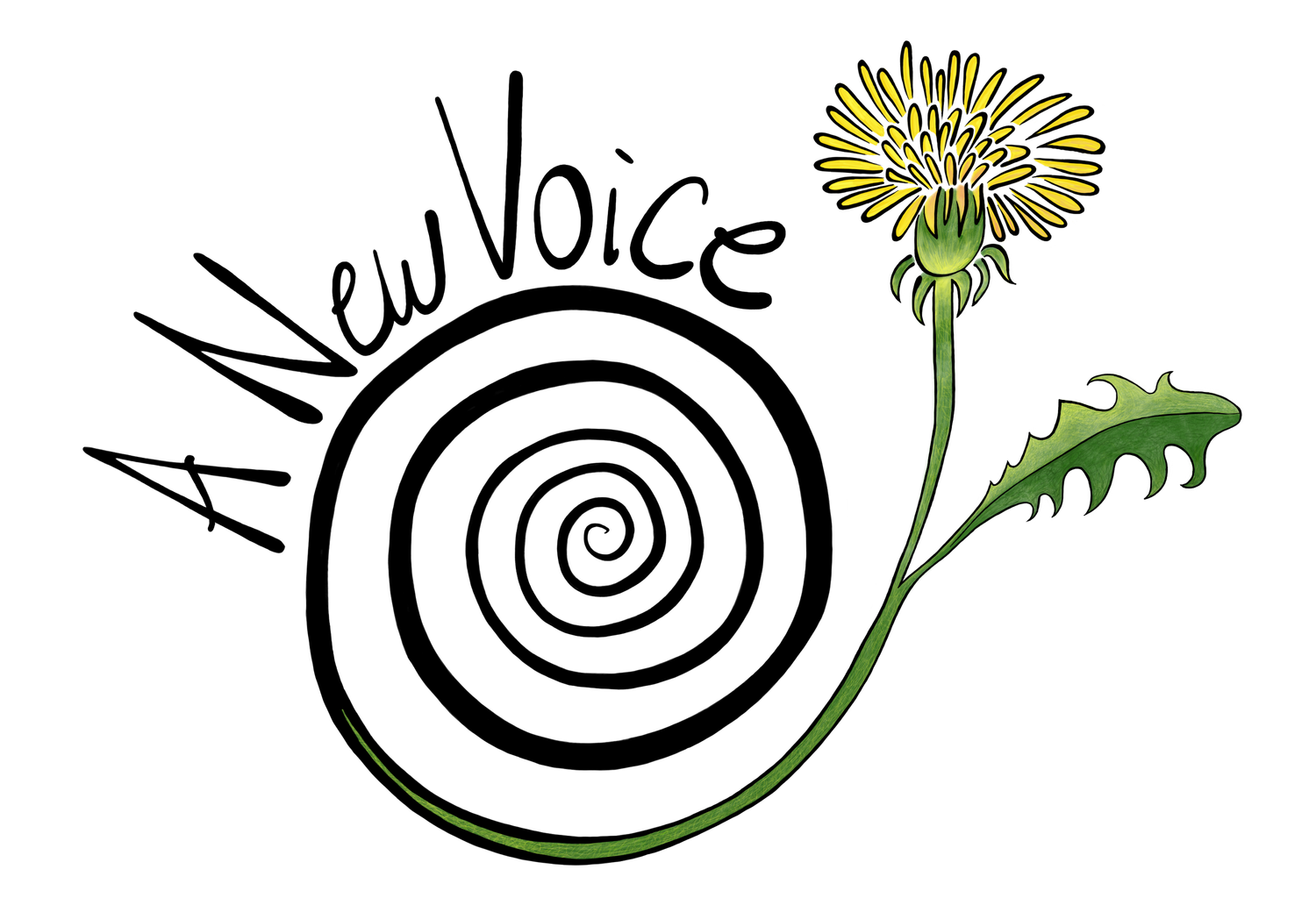Please Note: I am currently on leave from work for Medical reasons. If you are interested in contact me regarding services, please be advised that my response time may be slightly delayed. I am not actively starting work with new clients, however I am adding folks to my waitlist, so that I can reach back out when I return from leave.
Expressive Arts
As soon as we are old enough to hold a crayon, people start telling us how we should (or shouldn’t) express ourselves creatively.
Young children love to express themselves creatively. Drawing, dancing, singing, storytelling, and imaginative play are all forms of creative expression.
But as we grow up, we usually begin to hear messages about whether or not we are “good enough” at creative activities. If we hear these messages enough, we start to believe them. Often, we end up avoiding creative activities out of fear that people will judge or criticize us.
Even those of us who are told that we are “good enough” still receive criticism and judgment. We may feel that we are only loved or appreciated when we perform for others. We may feel trapped if we think we are only allowed to express our creativity in certain ways.
I believe that creativity belongs to everyone, and everyone deserves the chance to express themselves authentically. There is no such thing as bad art!
What is Expressive Arts?
Expressive Arts is an approach to therapy, coaching, and education that brings in different kinds of creative expression. Expressive Arts Therapy or Coaching can involve visual arts like painting, collage, or sculpture, but they can also involve music, dance, drama, poetry, play, and other creative processes. Creative expression can be an incredibly powerful approach to processing trauma, expressing our emotions, and learning about ourselves and the world around us.
Often, we do not have language to fully express our experiences and emotions, so while talking through our experiences can be incredibly helpful, there are sometimes limits to what we can communicate with words. Creative expression can allow us to communicate in other ways, to tell our stories, to express our emotions, and to share about physical experiences that we don’t have language for. This is especially important for those of us who struggle to remember the details of events that caused us harm. Creative expression can give us opportunities to tell our stories as they are, whether they are made up of fragmented memories, thoughts, emotions, or physical sensations, without feeling pressure to “fill in the gaps” or make something “make sense.”
Frequently Asked Questions
about Expressive Arts Approaches
Q: Is expressive arts therapy the same thing as art therapy?
A: Not exactly. Art therapy focuses on visual arts such as drawing, painting, collage, or sculpture. Expressive arts therapy includes these approaches, as well as other creative activities such as music, dance, drama, and play. Expressive arts approaches are also intermodal, which means it usually combines techniques from these approaches, rather than thinking of them as totally separate.
Q: What if I don’t like making art?
A: I offer other types of talk therapy and coaching in addition to expressive arts approaches, so there is no requirement to do expressive arts work with me if you do not want to. If you do still want to connect with creativity, but have found artmaking difficult or uncomfortable in the past, we can definitely talk through different ways to try “dipping our toes” into creative work in a way that feels comfortable and approachable to you!
Q: What kind of training do you have in expressive arts approaches?
A: I have 172 hours of training in a variety of expressive arts approaches, including drama therapy, sandtray therapy (a kind of play therapy), and visual arts approaches. I am currently completing the training and supervision requirements for the Expressive Arts Therapist-Trauma Informed (EXAT) designation through Trauma-Informed Practices and Expressive Arts Therapy Institute, and I am under supervision to become a Registered Expressive Arts Therapist (REAT).
Instagram Gallery
If you’re interested in seeing some of my art, or reading more about how I approach expressive arts coaching and therapy, feel free to check out my Instagram page at the link below.
Please be aware that I am unable to communicate with current or former clients via social media. While you are welcome to view or follow my Instagram page, if you are a current or former client, I won’t respond to messages or comments on my account. If you would like to communicate with me about support groups, coaching, or clinical therapy matters, please reach out via phone or email.



















